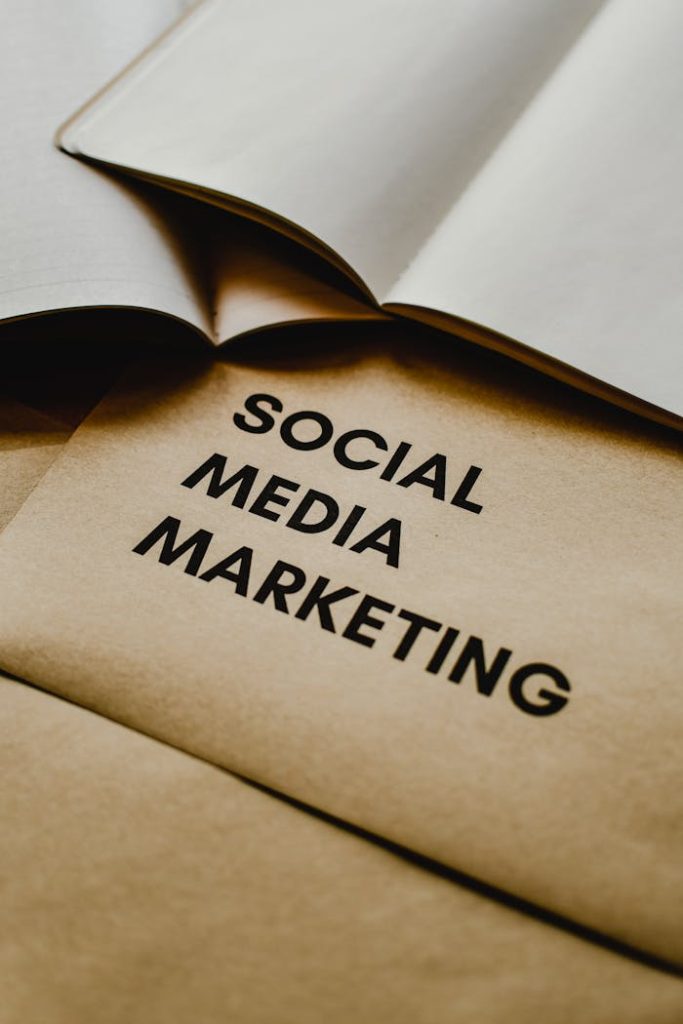In today’s digital age, small businesses can’t afford to ignore online marketing. Whether you’re running a local coffee shop or an online boutique, your potential customers are spending hours every day online—scrolling through social media, searching Google, or reading reviews. The good news? Online marketing levels the playing field, allowing small businesses to compete with bigger brands—often on a fraction of the budget.
Why Online Marketing Matters for Small Businesses
Online marketing is essential because it’s where your customers are. According to recent data, over 80% of consumers research a business online before making a purchase. If your business doesn’t show up in search results or on social media, you’re losing opportunities.
But beyond visibility, online marketing allows small businesses to build relationships, earn trust, and increase sales with measurable results. From email marketing to SEO, the tools are there—you just need to use them strategically.
Build a Solid Website
Your website is your digital storefront. It should look professional, be mobile-friendly, and clearly explain who you are, what you offer, and how customers can contact or buy from you. A well-optimized site helps with SEO (Search Engine Optimization), ensuring your business shows up when people search for products or services like yours.

Use clear calls-to-action (CTAs) to guide visitors—whether it’s scheduling a consultation, purchasing a product, or signing up for your newsletter.
Leverage Local SEO
If you run a brick-and-mortar business, local SEO is a must. Start by creating and optimizing your Google Business Profile (formerly Google My Business). Include accurate information like your address, hours, phone number, and photos. Encourage happy customers to leave reviews, which can dramatically boost your visibility in local searches.
Also, make sure your business is listed consistently across local directories (like Yelp, Bing Places, and Apple Maps).
Use Social Media Strategically
You don’t need to be on every platform—just the ones your target customers use. For many small businesses, Facebook, Instagram, and TikTok are great starting points. Share behind-the-scenes content, customer testimonials, product demos, and promotions.
Remember: engagement is more important than follower count. Respond to comments, answer messages promptly, and create content that resonates with your audience.
Invest in Email Marketing
Email remains one of the highest ROI marketing tools available. Build a list by offering something of value—like a discount, free guide, or exclusive updates. Then, send regular newsletters with useful content, promotions, and updates to keep your audience engaged and drive repeat business.
Try Paid Ads (But Start Small)
If you have some budget, try running small campaigns on Google Ads or Facebook/Instagram Ads. These platforms let you target specific demographics, locations, and interests. Start with a modest budget and A/B test your ads to see what works best.
Final Thoughts
Online marketing doesn’t have to be overwhelming. Start small, stay consistent, and focus on building real connections with your audience. Over time, the results will speak for themselves—more visibility, more leads, and more sales. For small businesses, the digital world offers massive potential—it’s just a matter of tapping into it.